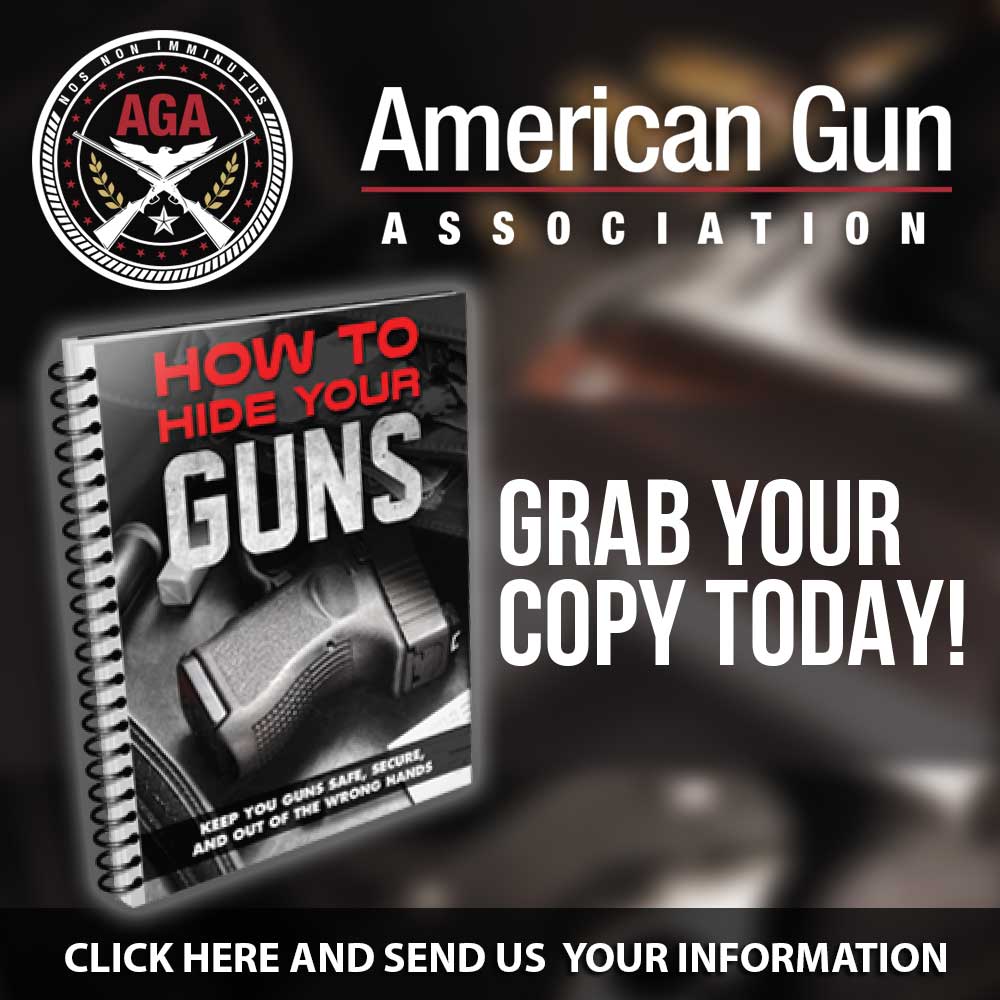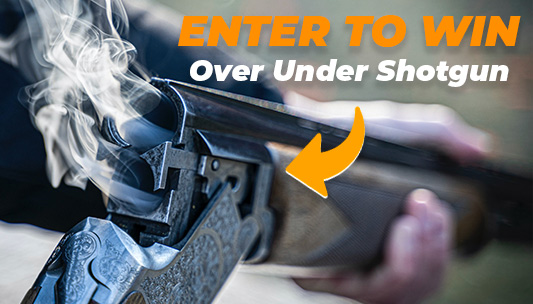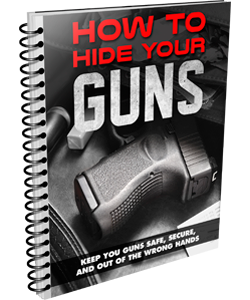Pawning a gun entails more than just stopping by your local pawn shop and handing over the firearm for cash. Let us explain what you need to know before you pawn a gun, so you don’t run into any surprises.
What’s Pawning Compared to Selling?
It’s important to understand the difference between pawning and selling before you try to pawn your gun. You can do both at most pawn shops, as well.
Pawning a gun specifically means giving a pawnshop one of your firearms to act as collateral for a loan.
Collateral, in this sense, means that it's guaranteed value that the pawnshop can take possession of in the event that you default on your debt.
You can use firearms as collateral to take out a loan from the pawnshop and expect to get your gun back provided that you pay your debt on time and as agreed.
Selling your gun at a pawnshop just means trading it in for legal tender or another item of equal value.
The pawnbroker will appraise your weapon and come up with an approximate value in either case.
Make Sure Your Pawn Shop Is Licensed and Regulated

If you do decide to pawn one of your weapons to take out a loan, do some research on available pawn shops before settling on one.
Some pawnshops have different licenses and regulations, meaning they may or may not be able to take certain firearms.
This is also sometimes dependent on the state the pawnshop is located in.
Furthermore, it might be helpful to look into different pawnshop weapon prices for similar guns.
For instance, look into a pawnshop’s catalog. See what weapons similar to yours are going for to get an idea of the kind of loan you’ll qualify for if you try to pawn your weapon at the same place.
Lastly, be sure that the pawnshop is legit. You don't want to try to do business with a place that sells weapons to minors, for instance.
Prep Your Gun Before Pawning
Once you pick out an appropriate pawn shop, be sure to prepare your weapon appropriately.
That means emptying it of all ammunition (both in the magazine in the chamber), keeping ammunition far away from the gun (or, even better, not at the pawnshop at all), and carrying it in a secure case.
When you take the weapon out of the case for inspection, keep the barrel pointed in a safe direction.
As the saying goes, treat all firearms as if they’re loaded, even if they’re not.
You’ll also likely need to bring your gun owner’s license for identity verification.
A Background Check Is Needed When Retrieving Your Firearm
View this post on Instagram
One last thing you should be aware of when pawning a gun is that you’ll need to pass a standard background check when you retrieve your firearm.
It doesn’t matter if the gun was already yours before pawning it. State law across the country requires standard background checks anyway.
This is ostensibly in case a gun owner commits a crime between pawning a weapon and retrieving it after paying back a loan.
Be sure to bring your government-issued ID, your driver’s license, and any other documents you might need for the same background check you would have to pass when buying a gun at a licensed store.
Wrap Up
Pawning a gun can be a fast and effective way to get some cash if you’re strapped. But just be sure it’s a good choice in terms of the pawnshop itself and your licenses so that you can retrieve your weapon once you pay back your debt.
Have you tried pawning a gun before? Share with us your experience in the comments section!
Up Next:





I agree that it would be good to prep your gun before you try and pawn it. I have an old gun that I don’t really use, and I would think that it would be more valuable if I cleaned it up and made it look nice. I’ll give that try if I end up deciding to sell it to a pawn shop.
First time I pawning my gun went to retrieve it early was told about the back ground check I’m fine with it had one to buy my gun next was told it takes 2 minutes wrong it’s taken 9 days so far was told to come back at the beginning of February it’s the 2nd week in January so I’m waiting till then but definitely will be my last time pawning a fire arm This should be told up front and not a choice the pawn broker should make highly upset but lesson learned